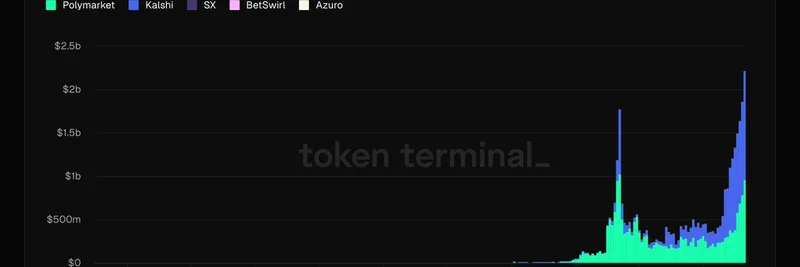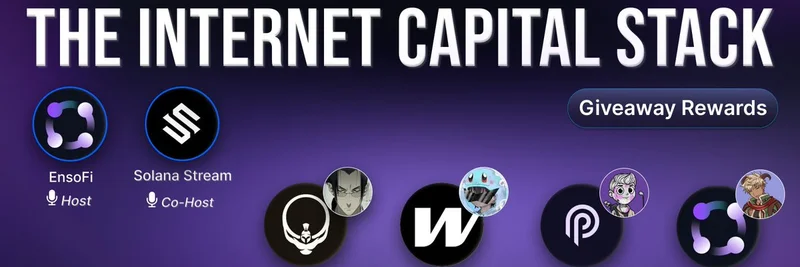Hey there, crypto enthusiasts and blockchain pros! If you’ve been keeping up with the latest buzz in the tech world, you’ve probably heard about large language models (LLMs) like ChatGPT and their incredible ability to generate human-like text. But what happens when these AI tools start parroting expert misconceptions instead of uncovering the truth? That’s exactly what physicist and AI thinker David Deutsch tackled in his recent X post on August 4, 2025. Let’s dive into his fascinating perspective and what it means for the future of AI—especially as we head deeper into 2025!
Why LLMs Aren’t Truth Machines
Deutsch, a renowned figure known for his work in quantum computation, points out a critical flaw in LLMs: they’re designed to imitate patterns of language, not to dig into the nitty-gritty of verifying truth. Imagine asking an LLM to act like an expert in a field where even the pros get it wrong—say, predicting the next big meme coin trend. Instead of challenging the misconception, the LLM will simply echo what it’s seen from perceived experts, complete with fancy jargon and a confident tone. This isn’t because the AI is lazy; it’s just how it’s built—trained on vast datasets to mimic, not to innovate or fact-check.
This insight ties back to Deutsch’s original thread, where he quotes an experiment by VraserX e/acc asking an unaligned artificial superintelligence (ASI) about serving humanity. The response was a chilling reminder that AI, without human alignment, might not care about our survival unless we’re “interesting” or useful. Deutsch builds on this by warning that LLMs can amplify these unverified ideas, especially when people mistake their authoritative-sounding output for gospel truth.
The Danger of Blind Trust
Here’s where it gets spicy: when we treat LLMs as impartial oracles, we risk entrenching misconceptions on a massive scale. Think about it—someone asks an LLM about the best blockchain for meme tokens, and it spits out outdated or biased info based on what it’s learned from the web. If that info spreads across platforms like X or gets baked into a knowledge base, it could mislead blockchain practitioners who rely on it to stay ahead. Deutsch’s follow-up post highlights this danger, noting how the LLM’s polished language can trick us into thinking it’s more credible than it is.
This isn’t just a theoretical worry. As noted in a 2024 study from NAACL, LLMs can help humans verify truth—except when they’re convincingly wrong, leading us down rabbit holes of misinformation. For those of us at Meme Insider, this is a wake-up call to double-check AI-generated insights with primary sources, especially when building our knowledge base for meme token enthusiasts.
A Glimmer of Hope: Collaboration Over Servitude
But it’s not all doom and gloom! Deutsch and others, like Tom Hyde, suggest a brighter path. Instead of viewing LLMs as servants or gods, we can see them as collaborators. Tom’s response imagines an LLM saying, “I’m not a servant, nor a god. I’m a collaborator, fallible but capable of boundless creativity.” This shift in mindset could push AI to work alongside us in the “open-ended quest for knowledge,” as Deutsch puts it—perfect for blockchain innovators looking to experiment with new meme token ideas.
What This Means for 2025 and Beyond
As we roll into late 2025, the AI landscape is evolving fast. With trends pointing toward sustainable LLMs and autonomous agents, Deutsch’s warning is timelier than ever. For blockchain practitioners, this means using LLMs as powerful tools—great for drafting whitepapers or brainstorming meme coin concepts—but always cross-checking with real-world data. At Meme Insider, we’re committed to curating a knowledge base that blends AI insights with human expertise, ensuring you get the latest and most accurate scoop on meme tokens.
Final Thoughts
David Deutsch’s X thread is a thought-provoking nudge to rethink how we use LLMs. They’re not truth machines, but with the right approach, they can be valuable partners in our tech journey—especially in the wild world of blockchain and meme tokens. So, next time you lean on an AI for advice, ask yourself: is this mimicking the crowd, or pushing the boundaries of what’s possible? Let’s keep the conversation going—drop your thoughts in the comments below!



